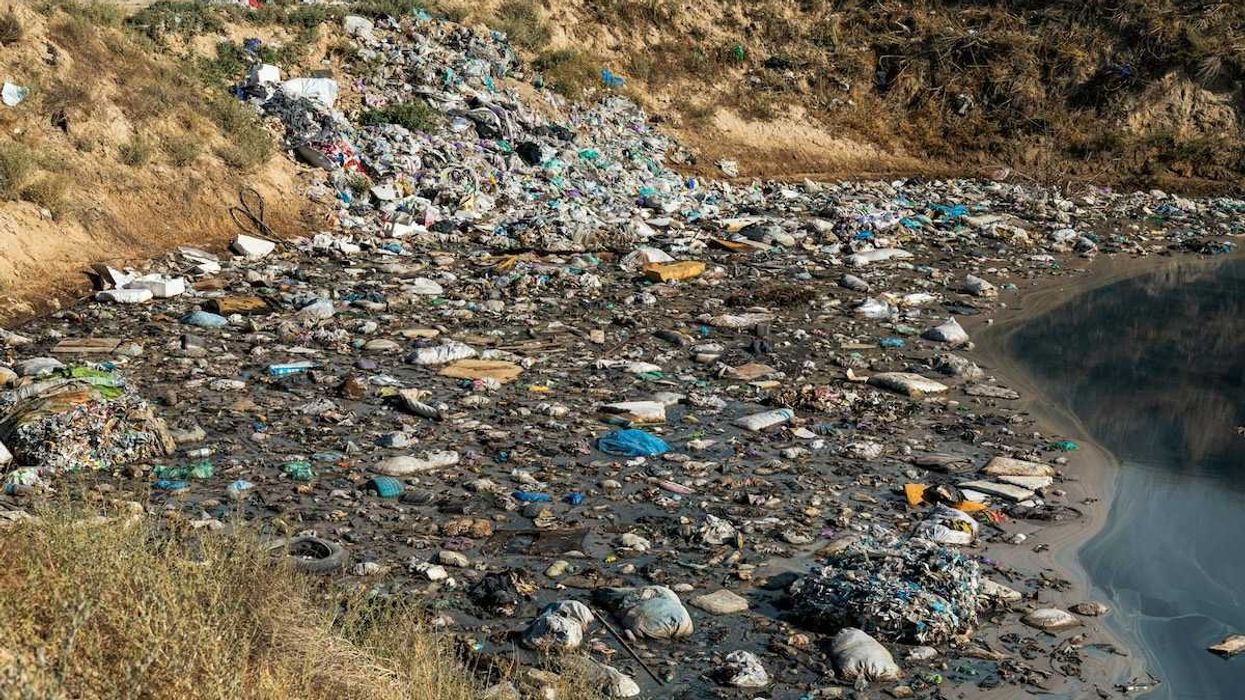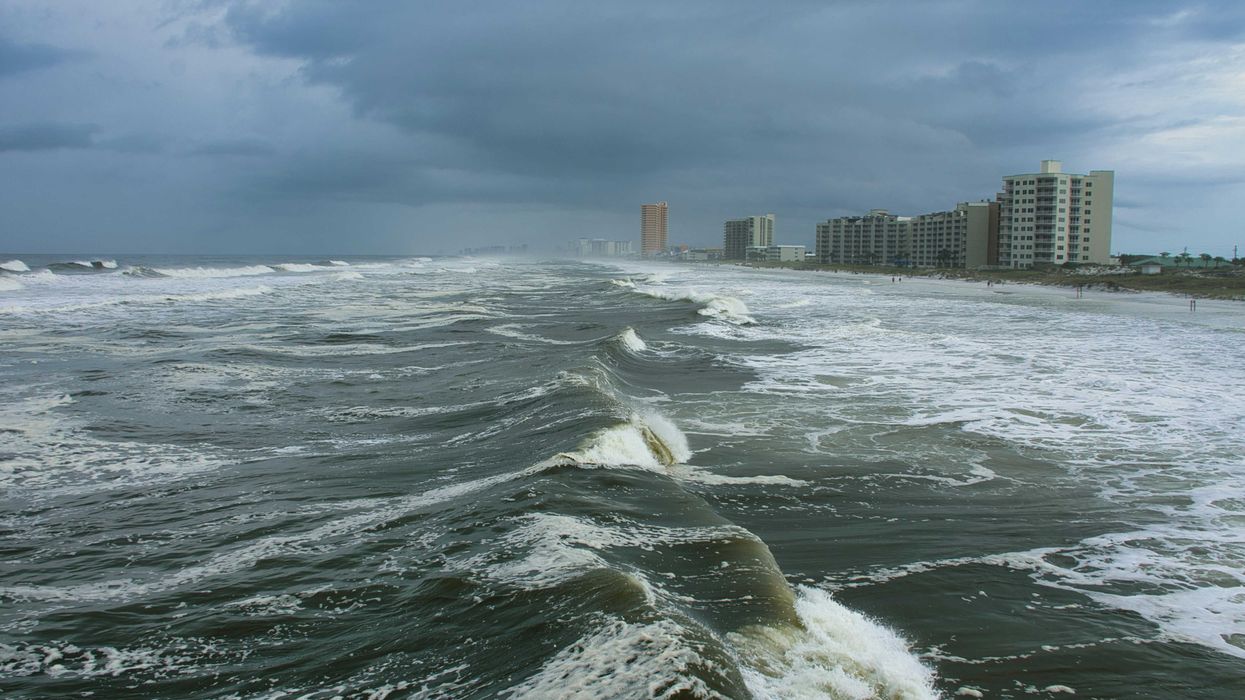As ocean temperatures rise, endangered sea turtles are increasingly stranded in New England waters, overwhelming rescue centers with cold-stunned reptiles.
Rodrique Ngowi and Patrick Whittle report for The Associated Press.
In short:
- More than 200 cold-stunned sea turtles, mostly critically endangered Kemp’s ridley turtles, are being treated at the New England Aquarium.
- Warmer waters lure the turtles north, but dropping temperatures in fall prevent them from escaping Cape Cod Bay, causing mass strandings.
- The number of stranded turtles has surged from 40 in 2010 to over 400 annually, with ailments like pneumonia and sepsis common.
Key quote:
“Climate change certainly is allowing those numbers of turtles to get in where normally the numbers weren’t very high years ago.”
— Adam Kennedy, director of rescue and rehabilitation at the New England Aquarium
Why this matters:
Rising ocean temperatures disrupt sea turtle migration, leading to deadly stranding events. These turtles are vital to marine ecosystems, and their decline threatens biodiversity. Increasing strandings underscore the broader impacts of climate change on wildlife.
Read more:














